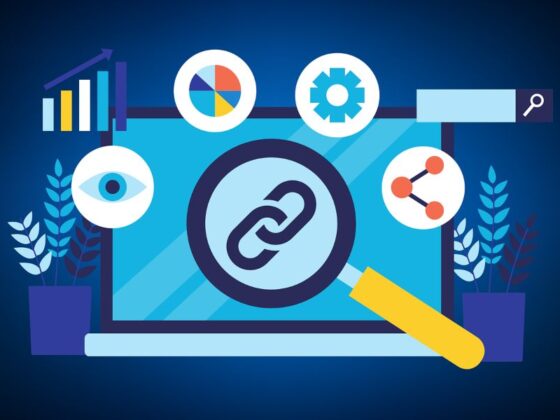Over the past decade, the word PropTech, if not a household name, was definitely heard by many interested in technology or real estate. The concept is as broad as the real estate sector itself and is multifaceted. It is becoming the norm for people all over the world to use technology in this area, and often they do not think that the product they use belongs to the concept of PropTech.
What is PropTech?
In a broad sense, PropTech (property technology) consists of an ecosystem of start-ups and new growth companies that offer technological and/or innovative products, services, and business models in various aspects of the commercial and residential real estate market. Also plays a big role real estate web development.
The concept applies to all processes and transactions that accompany the life cycle of a property, including how a property:
- planned and designed;
- built and implemented;
- evaluated and funded;
- managed and used;
- for rent;
- bought and sold
How Deep Has Technology Penetrated the Real Estate Sector?
Real estate is one of the latest sectors of the economy to embrace technology. This reflects the conservative nature of the sector, which always reacts with a delay both to crises and to new trends and innovations.
Real estate has one of the lowest levels of digitalization relative to other sectors. At the same time, the industry has (though not the highest) potential for automation.
Real estate is a very multifaceted industry. That is why, in recent years, startups have been trying to increase efficiency along the entire chain – construction, sale/rent, access to capital, and service. PropTech is rapidly picking up the pace and there is a race for all sorts of technologies to fill the gaps.
What Is PropTech In General?
Many PropTech applications have large target markets, both for a wide range of market participants and for different stages of development. All PropTech products can be classified according to the following criteria:
- Real Estate Segment: Residential, commercial real estate, or alternative types of real estate (hospitality, student housing, nursing homes, life science, data centers, health, etc.).
- Type of service provided: The real estate value chain can be broken down into 4 processes that correspond to the life cycle of any asset: (1) project management and construction, (2) buying/selling and leasing (3) building management and maintenance (4) financing and insurance.
- Moreover, some of these processes can be unified for residential and commercial real estate at the same time, which is already being successfully implemented and scaled up. For example, we can see marketplaces for buying and selling or renting both housing and commercial real estate. However, most of the services will be fundamentally different due to the difference in the end user (B2B, B2C).
- Level of Asset Ownership: Startups can be distinguished by the level of direct ownership of underlying real estate assets within their business model. For example, Airbnb, Cian, or any other listing application does not own the property on offer and therefore has a low asset ownership rate. Opendoor, in contrast, has a high asset ownership rate as it buys real estate to sell later. This difference is fundamental because investing in companies with a high level of real estate assets means investing not only in the company but also in the value of the assets themselves. PropTech startups are making it easier than ever to invest in real estate assets, offering innovative platforms for buying, selling, and managing properties.
Today’s Technology Trends
Over the past 30 years, the real estate industry has experienced a great wave of change and innovation. Initially, technology did not play a significant role in the industry, however, over the past few years, it has changed significantly and continues to transform. The most investments in these technologies were made in 2021, the amount was 24 billion US dollars.
In 2022, two-thirds of the world’s commercial real estate business owners and managers were willing to invest in technology solutions to improve operational efficiency and competitiveness.
Among the main PropTech global trends for 2023 are:
- Cloud software (SaaS, Software-as-a-Service)
- Internet of things and smart buildings (IoT, Internet of Things)
- Augmented reality for construction projects (AR, Augmented reality)
- Platforms of artificial intelligence and predictive analytics (AI, Artificial intelligence)
- Blockchain Technology for Real Estate Financing
- Data security
Conclusion
Due to the widespread use of debt capital, the real estate sector is particularly sensitive to interest rates. Therefore, it is inevitable that a sharp change in the monetary policy of the world’s leading economies in the direction of raising base rates will also affect investments in PropTech. In terms of sustainable growth, startups will have to refocus on minimizing the rate of “burning money”, improving the division of the economy, and creating a cash cushion.









